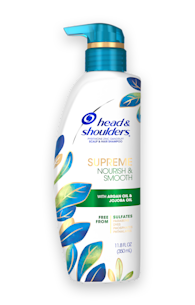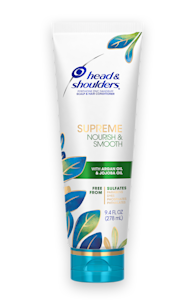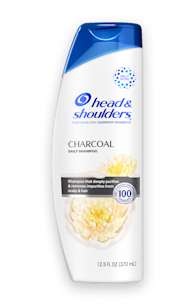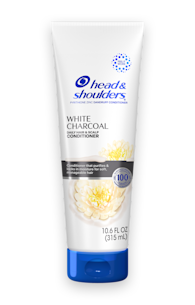TRICHOLOGIST - WHAT IS IT?

Not sure what a trichologist is? You’re not alone. Many people area wondering the same thing. Pronounced try-col-o-jist, this health care professional could be the answer to your scalp worries.
If you suffer from scalp issues and hair loss, you may have heard about it. But what do they do and how can they help?
Trichologists are specialists in the science of the structure, function and diseases of the human hair and the scalp.
Trichology is a formal field of study in some countries, like the UK, but this isn’t yet the case here in the US.
Training typically involves 2 years of home study, supplemented by clinical observation.
Why visit a trichologist?
Typical reasons people visit a trichologist include:
scalp problems – such as dandruff, inflammatory conditions, or excessive oil production
hair texture problems
Trichologist or a trip to the dermatologist?
Another option, if you have hair and scalp issues, would be turning to a dermatologist. Despite the “derma” in the name, dermatologists are also qualified to address hair issues as well.
Your hair and your scalp are connected, and hair issues often arise from the scalp. Basically, a scalp in poor condition is less effective at growing hair.
Dermatologists have more extensive training and clinical observation and can prescribe medicines as needed.
The good news is that some issues don’t require a trichologist or a dermatologist to address. For example, dandruff.
Measures you can take before seeing a specialist
Before you see a specialist, be it a trichologist or dermatologist, find out more about damaged hair. Do you think you have dandruff? Start by using Head & Shoulders Nourishing Care Shampoo regularly.
If your condition does not improve after 3 weeks of using Head & Shoulders exclusively, consult a professional for evaluation and treatment.







